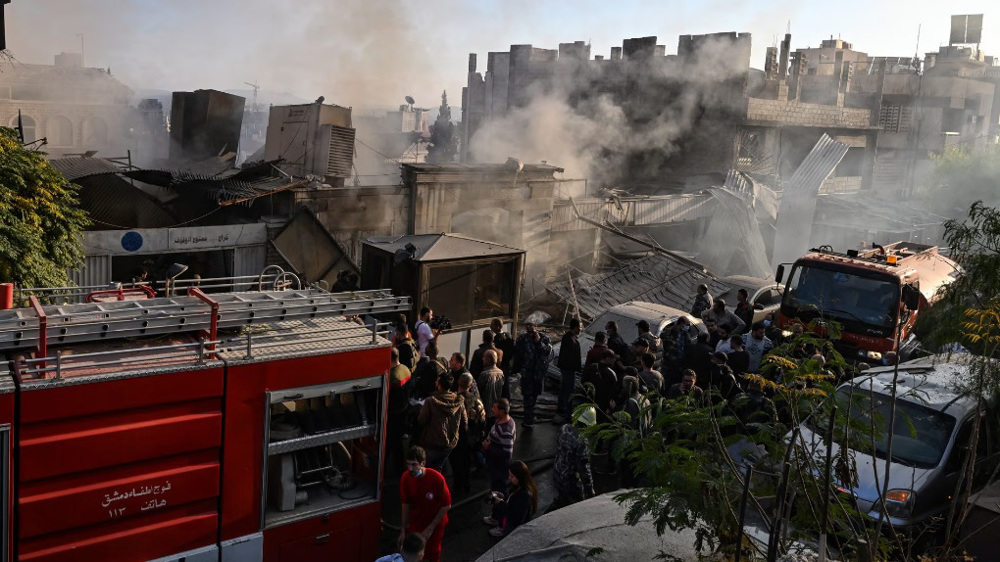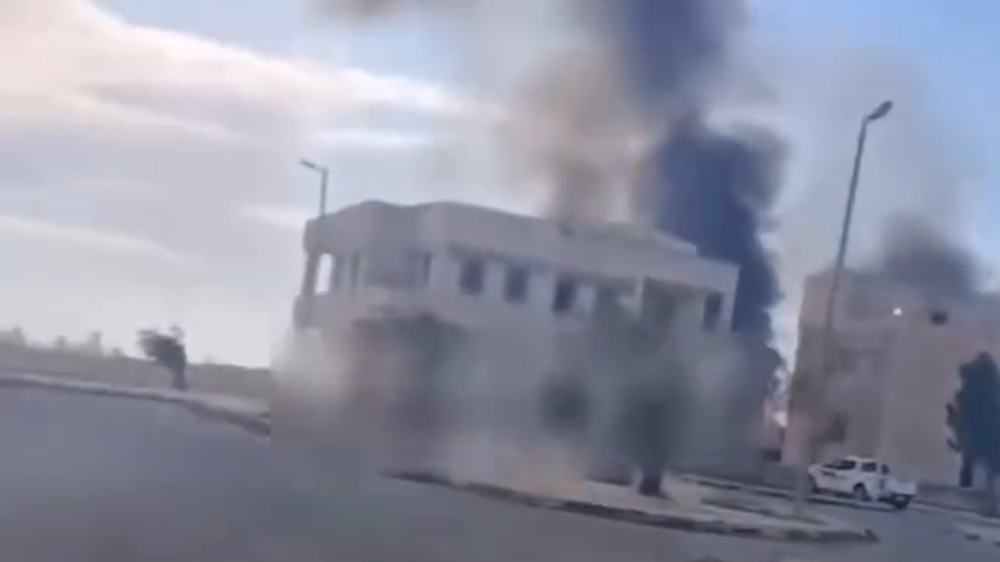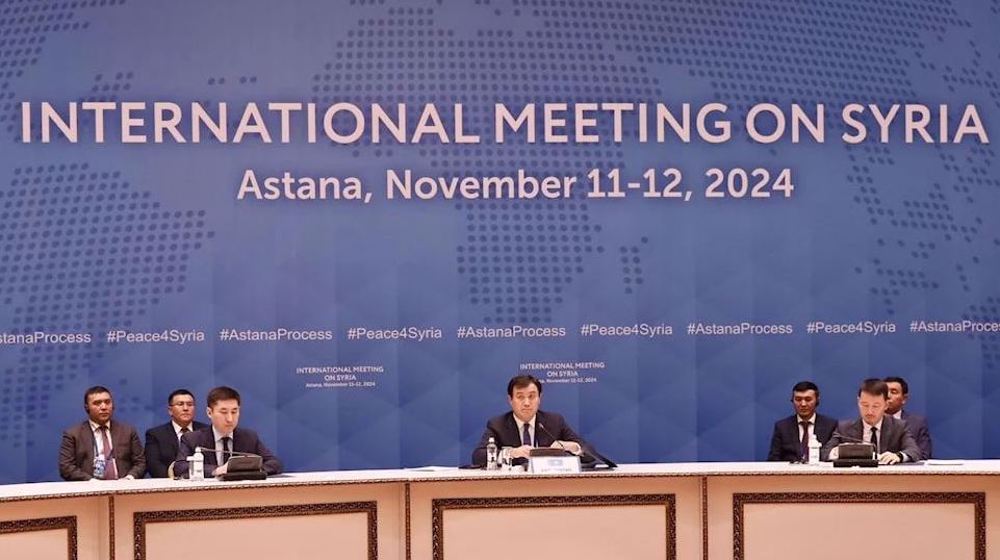Syria tanker fire result of safety blunder, military attack ruled out: Military official
Correcting an earlier report, a Syrian military official says a fire that had erupted on an oil tanker off the Arab country’s coast had not been caused by a military attack, and rather broke out due to incautiousness and lack of safety precautions.
The official made the remarks to Iran’s Noor news agency on Saturday after the official Syrian Arab News Agency (SANA) said a fire had started burning in one of the vessel’s tanks as it was “near oil downstream” in the city of Banias in Syria’s Tartous Province. SANA cited the ministry of petroleum and mineral resources as saying that the fire “is believed to be an attack by a drone coming from the direction of Lebanese territorial waters.”
The Syrian official, however, categorically rejected the notion. He said the blaze had been caused due to lack of adherence to due technical and safety measures during a welding operation on the tanker as it was releasing its cargo.
Three of the shipmates, who were performing the welding process, were injured during the incident, the official noted.
Medical sources also told Noor news that one of those, who had suffered burns during the fire, succumbed to his injuries, while the other two were placed in intensive care.
The official said upon completion of expert investigation of the technical elements that caused the incident, Damascus would issue an official correction of the earlier statement.
SANA, meanwhile, reported that the fire had been “fully extinguished.”
Israeli, Western media spin
In an apparent coordinated fashion, Israeli and Western media outlets and many others that are allied with them reported immediately after the incident that the fire had been caused by an offensive UAV.
Many even claimed that the tanker was Iranian, while others alleged that three had died in the fire in an apparent bid to either paint the incident as an Israeli attack on Iranian interests or dramatize the damage that the fire had caused.
The incident came after a Syrian missile landed no farther than 30 kilometers (18 miles) near the Israeli regime’s most sensitive military nuclear site Dimona in the Negev desert inside the occupied territories.
The regime’s media outlets alleged that the projectile had been fired at an Israeli warplane, but “overflew” its target, and cited Israeli and American officials as describing the missile as an “errant” one.
Shortly before the missile incident, Iran had warned Tel Aviv that it would “soon” retaliate for an Israeli act of nuclear terrorism that cut the power across Natanz Nuclear Facility in the central Iranian province of Isfahan.
VIDEO | Jordanians condemn Israel’s ban on UNRWA activities in occupied Palestine
VIDEO | Million-man march held in Yemen in support of Gaza, Lebanon
Iran says resolved to ‘legally’ pursue Gen. Soleimani assassination case
VIDEO | Outraged over Gaza genocide, Iraqi protesters burn Israel, US and UK flags
Far-right German party calls for UN probe into ‘Berlin’s role’ in Nord Stream blasts
Trump’s ‘Make America Great Again’ shows US debilitated, desperate: Fmr. IRGC chief
Jordan rage: Protesters blast Israel’s genocide in Gaza, carnage in Lebanon
Pentagon official says ‘shocked’ by Yemen’s firepower, arsenal









 This makes it easy to access the Press TV website
This makes it easy to access the Press TV website